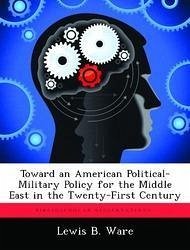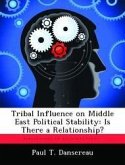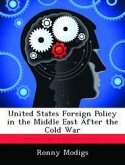This study defines the Middle Eastern security environment into the next century and. by reexamining American national interests, establishes the scope of a future Middle Eastern political-military policy for the United States. Proceeding from an analysis of the recent war against Iraq, the study clarifies the nature of regional instability and concludes that conventional war between states presents the least likely scenario for conflict when compared to the possibility for crisis represented by radical ideologies, such as militant Islamism. Islamism recognizes no borders. It cannot be defined in the usual terms of state-to-state relationships. Islamism strikes at the heart of Middle Eastern society to effect radical social transformation by posing an internal threat to the Middle Eastern secular state system. Islamism also has ramifications externally for the global community. Therefore any containment of Islamism requires a reformulation of US interests in the context of not only a broad Muslim policy but, at the same time, of a more narrow sub-regional definition of the Middle East that accentuates the need for socioeconomic cooperative institutions to defend Middle Eastern nations from Islamic revolution. This study argues that the US should base its Middle Eastern political-military policy on the reality of such institutions which will necessitate a restructuring of US military forces for regional deployment to meet the new unconventional security environment that the Islamic threat presupposes.








